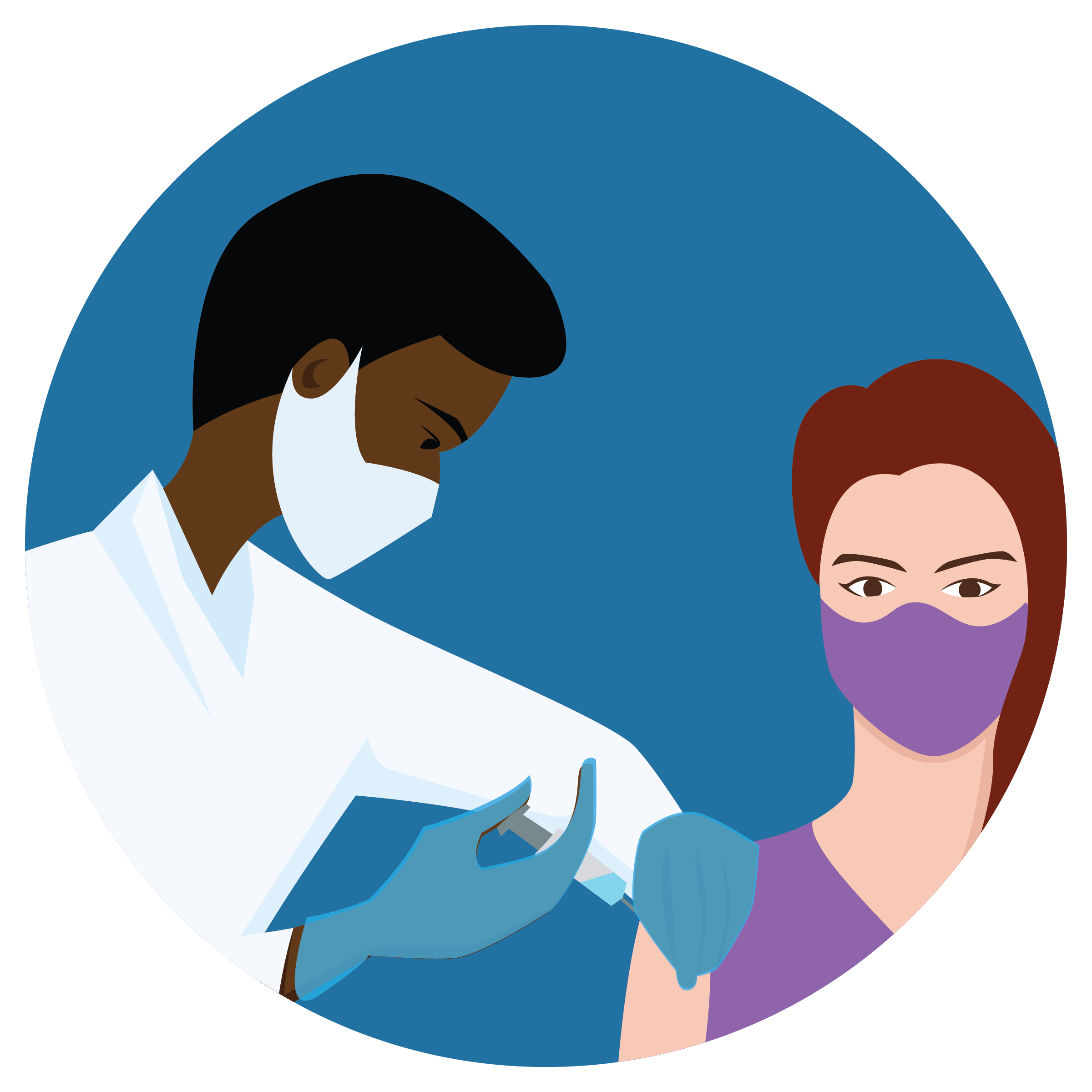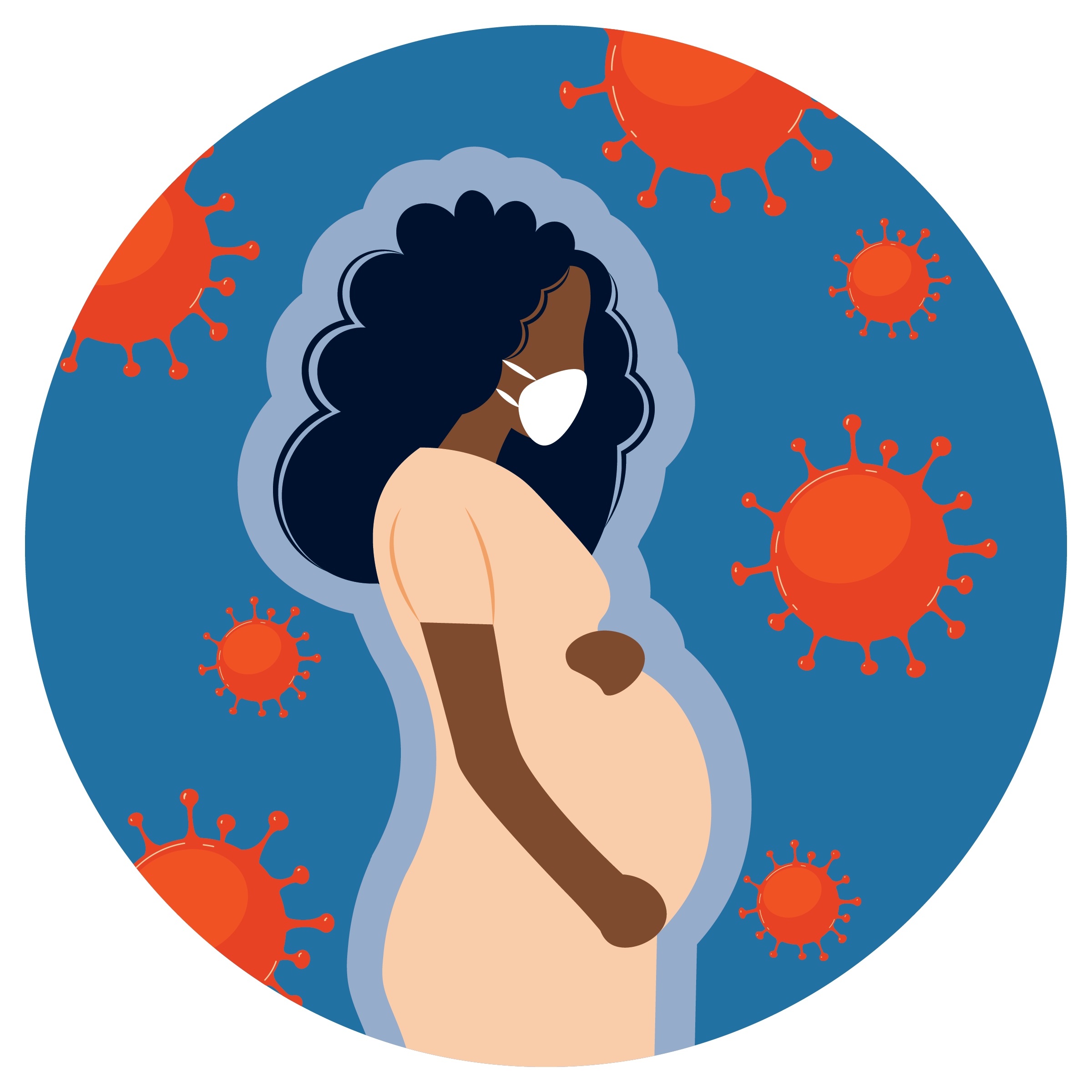Health Infographic
COVID-19 Vaccines: Infographic
COVID-19 Vaccines: What You Need to Know

Health Infographic


mRNA
mRNA is a molecule that tells our bodies to make proteins. mRNA in the COVID-19 vaccine tells our cells to make harmless proteins just like those on the virus. The Pfizer and Moderna vaccines work this way.

Protein Subunit
Protein subunit vaccines, such as the Novavax vaccine, contain harmless pieces of proteins unique to the COVID-19 virus.

Vector
Vector vaccines, like the J&J vaccine, use another virus that has been made safe to deliver material that tells our cells to make harmless proteins unique to the COVID-19 virus.

The Pfizer, Moderna and AstraZeneca vaccines are given as two shots in the upper arm muscle, three or four weeks apart.* The Johnson and Johnson vaccine is given as one shot in the upper arm muscle.

Typically, it takes about two to four weeks after the second shot for the immune system's protection to fully respond to the vaccination.

Even after the vaccination, you might be able to pick up the virus, carry it and give it to others. Infection prevention measures in public and among unvaccinated people are still very important.

Fact one
You will not get COVID-19 from the vaccine.

Fact two
The vaccine will not change or damage your genetic information.

Fact three
Even if you are vaccinated, you should still wear your mask, frequently wash your hands and maintain physical distance to help keep everyone safe.

Fact four
The Pfizer, Moderna and Johnson & Johnson vaccines are all equally important in stopping the spread of COVID-19.

Fact five
If you are pregnant, trying to become pregnant now or want to get pregnant in the future it is still safe for you to get the vaccine.